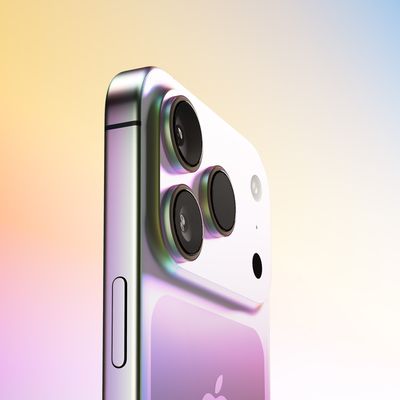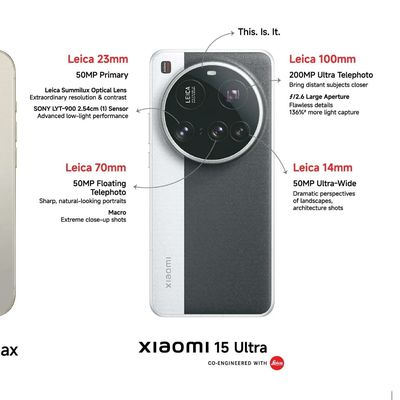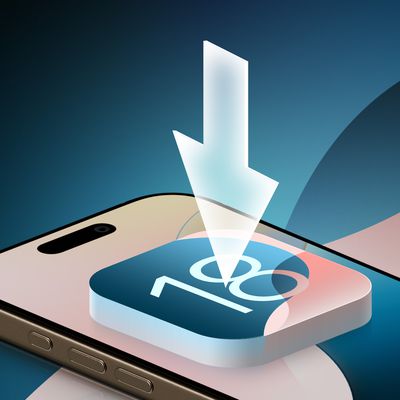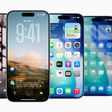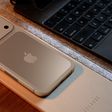Over 2,000 Participants Received Irregular Heart Rhythm Notification in Apple Watch Study
Stanford Medicine researchers presented their findings of the Apple Heart Study at the American College of Cardiology's 68th Annual Scientific Session and Expo in New Orleans today, as noted by Apple in a press release.
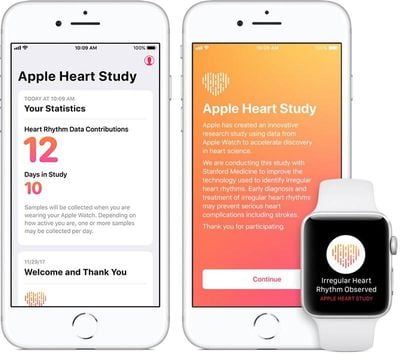
Apple and Stanford created the study to evaluate the Apple Watch's irregular heart rhythm notification feature, which occasionally checks the wearer's heart rhythm in the background and sends a notification if an irregular heart rhythm appears to be suggestive of atrial fibrillation.
419,093 people across the United States participated in the study. As part of the study, if an irregular heart rhythm was identified, participants received a notification on their Apple Watch and iPhone, a phone consultation with a doctor, and an ECG patch for additional monitoring.
Study results showed 0.5 percent of participants - approximately 2,095 people - received an irregular heart rhythm notification. Apple says "many participants sought medical advice following their irregular rhythm notification."
Apple COO Jeff Williams:
We are proud to work with Stanford Medicine as they conduct this important research and look forward to learning more about the impact of Apple Watch alongside the medical community. We hope consumers will continue to gain useful and actionable information about their heart health through Apple Watch.
Apple announced the Heart Study in collaboration with Stanford back in November 2017 and stopped accepting new participants in August 2018.
Popular Stories
An iPhone 17 announcement is a dead cert for September 2025 – Apple has already sent out invites for an "Awe dropping" event on Tuesday, September 9 at the Apple Park campus in Cupertino, California. The timing follows Apple's trend of introducing new iPhone models annually in the fall.
At the event, Apple is expected to unveil its new-generation iPhone 17, an all-new ultra-thin iPhone 17...
Apple is expected to unveil the iPhone 17 series on Tuesday, September 9, and last-minute rumors about the devices continue to surface.
The latest info comes from a leaker known as Majin Bu, who has shared alleged images of Apple's Clear Case for the iPhone 17 Pro and Pro Max, or at least replicas.
Image Credit: @MajinBuOfficial
The images show three alleged changes compared to Apple's iP...
Apple will launch its new iPhone 17 series this month, and the iPhone 17 Pro models are expected to get a new design for the rear casing and the camera area. But more significant changes to the lineup are not expected until next year, when the iPhone 18 models arrive.
If you're thinking of trading in your iPhone for this year's latest, consider the following features rumored to be coming to...
Apple and Samsung have reportedly issued cease-and-desist notices to Xiaomi in India for an ad campaign that directly compares the rivals' devices to Xiaomi's products. The two companies have threatened the Chinese vendor with legal action, calling the ads "disparaging."
Ads have appeared in local print media and on social media that take pot shots at the competitors' premium offerings. One...
Apple is preparing to release iOS 18.7 for compatible iPhone models, according to evidence of the update in the MacRumors visitor logs.
We expect iOS 18.7 to be released in September, alongside iOS 26. The update will likely include fixes for security vulnerabilities, but little else.
iOS 18.7 will be one of the final updates ever released for the iPhone XS, iPhone XS Max, and iPhone XR,...




